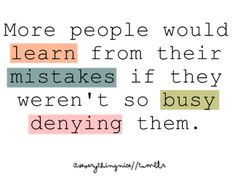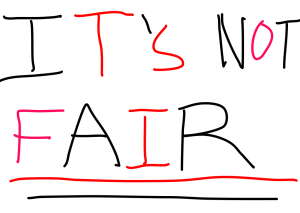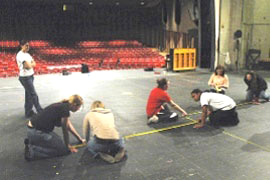 While we may not shout – “That’s not fair.” – when in the midst of an argument, it is likely that we have thought it when the other party says or does something that triggers a reaction in us that has nothing to do with the discussion at hand.
While we may not shout – “That’s not fair.” – when in the midst of an argument, it is likely that we have thought it when the other party says or does something that triggers a reaction in us that has nothing to do with the discussion at hand.
Don’t you think there should be some rules for arguing that everyone agrees to? For some people arguing is fun, maybe you have met that person, or you live with them. In simple terms this is someone that we call the “Difficult Person”. They are never able to hear a request or be told anything without asking Why or why me or whats in it for me. They many times are disagreeable and will do so for the sake of disagreeing. Here are just a couple of thoughts about keeping the fight fair.
- Stick to the subject at hand – do not bring in the past, or unrelated issues
- Be respectful and courteous without the use of profanity or violent gestures – the use of profanity to drive points home demonstrates a frustration of feeling not heard. Violent gestures are the precursor to real violence – on the person or on physical property, neither of which will win the argument.
- Limit the number of rounds to 5. More than that demonstrates that both parties are having a difficult time hearing the other person, or simply unwilling to compromise. After 5 rounds it is time to take a break, agree to take it up at a later time.
- Agree to allow either person to call for a break, before hurtful things are said.
There are more possible rules, but this is a good start. Do you have any rules you use, especially with family members? Like us on Facebook and make a comment there with your thoughts.






